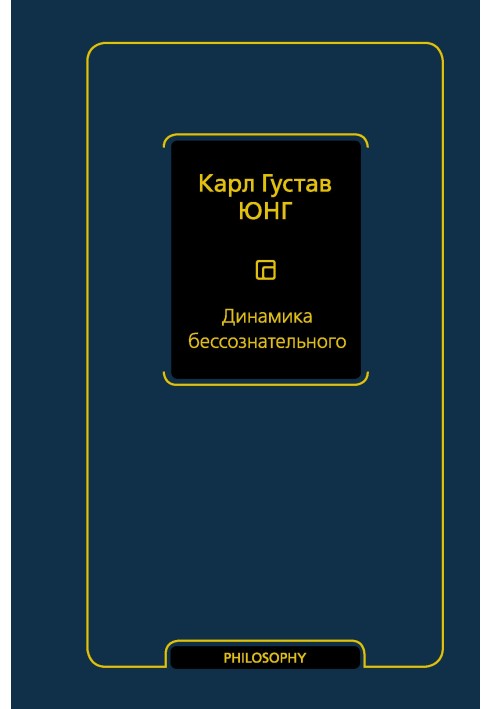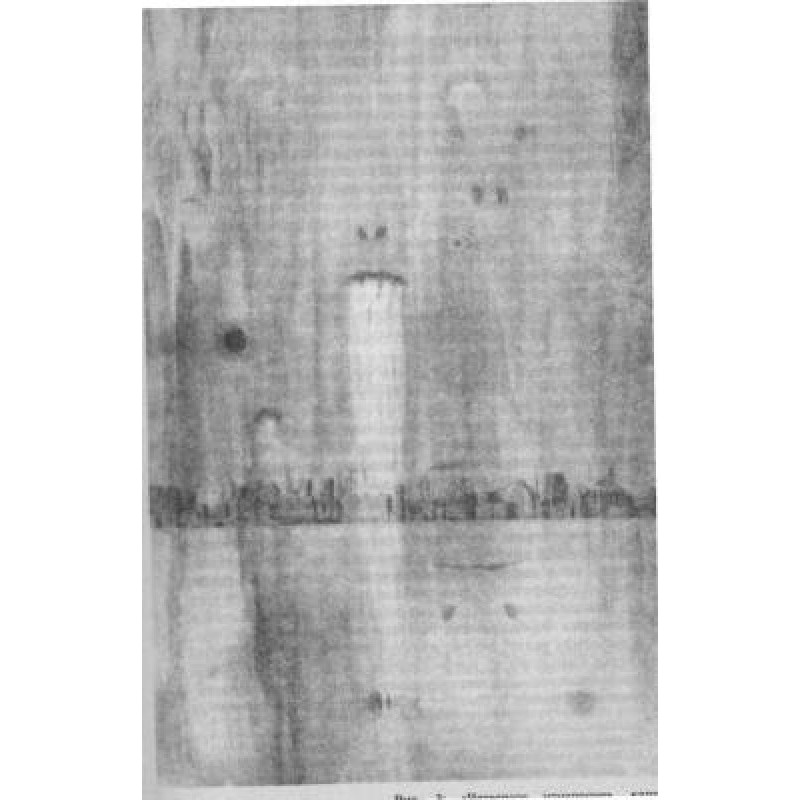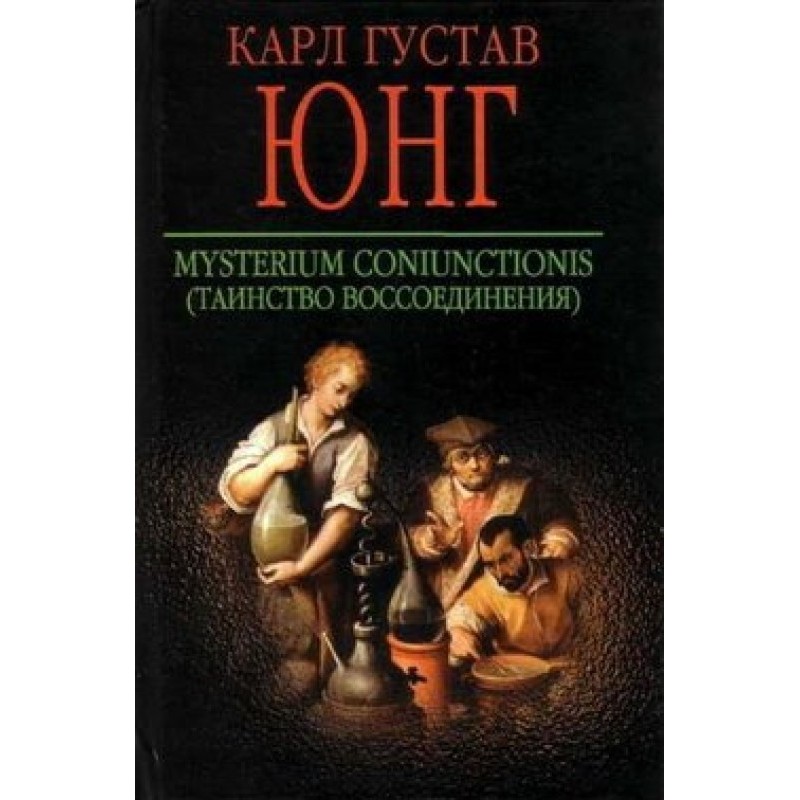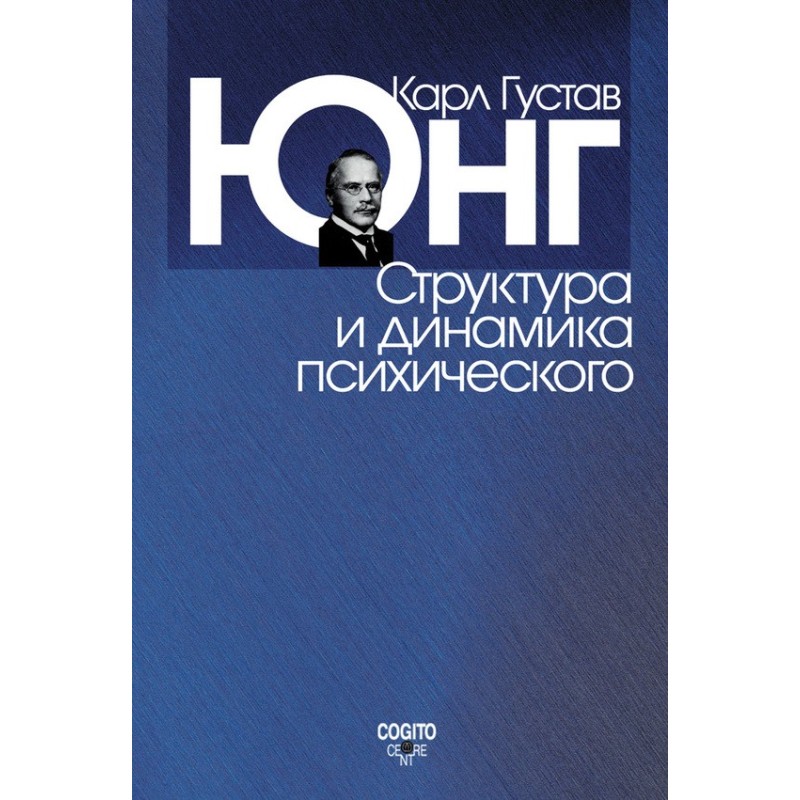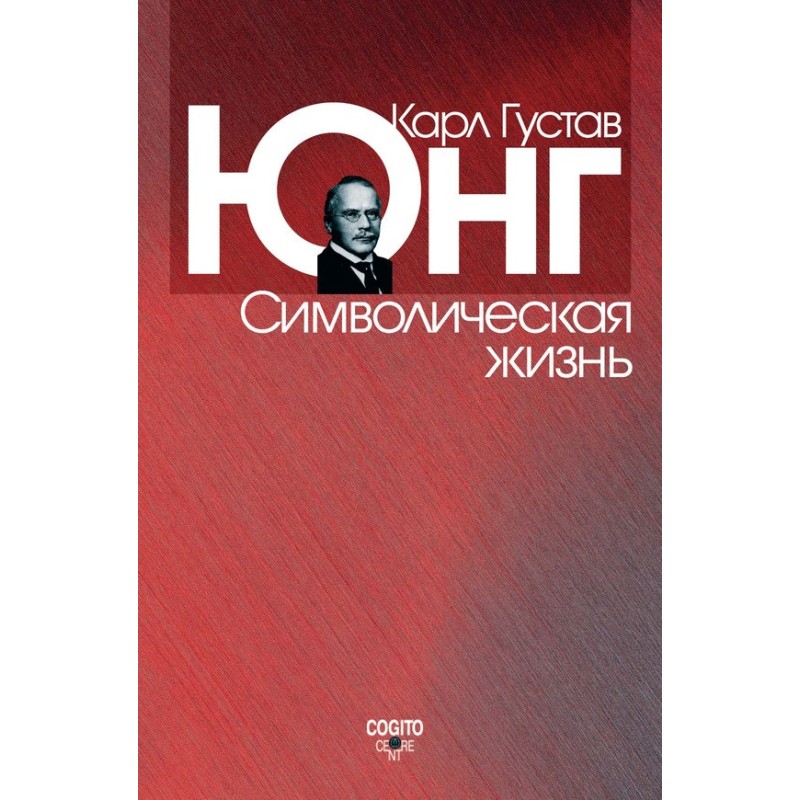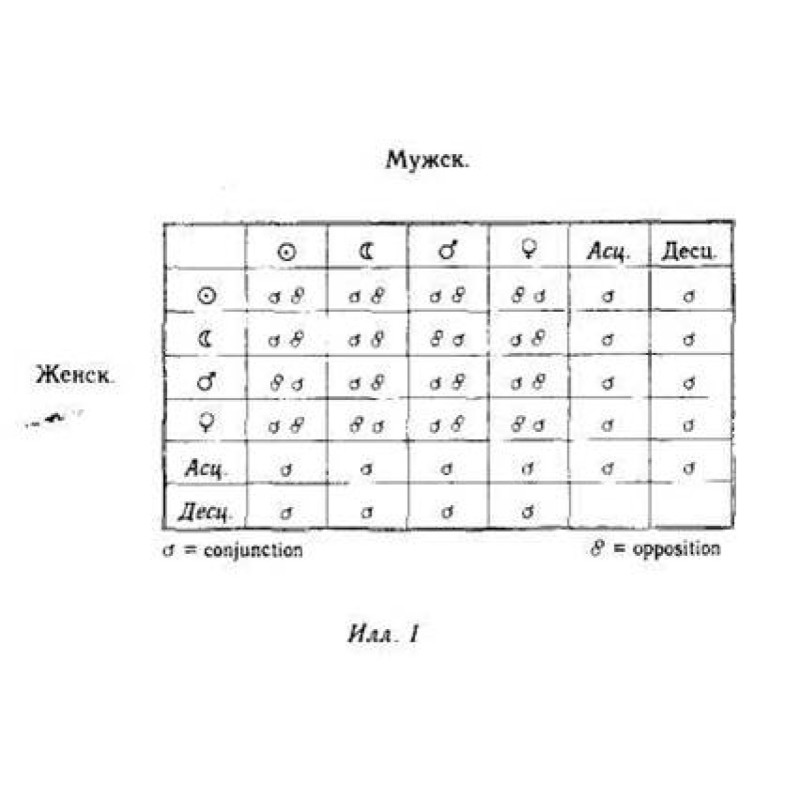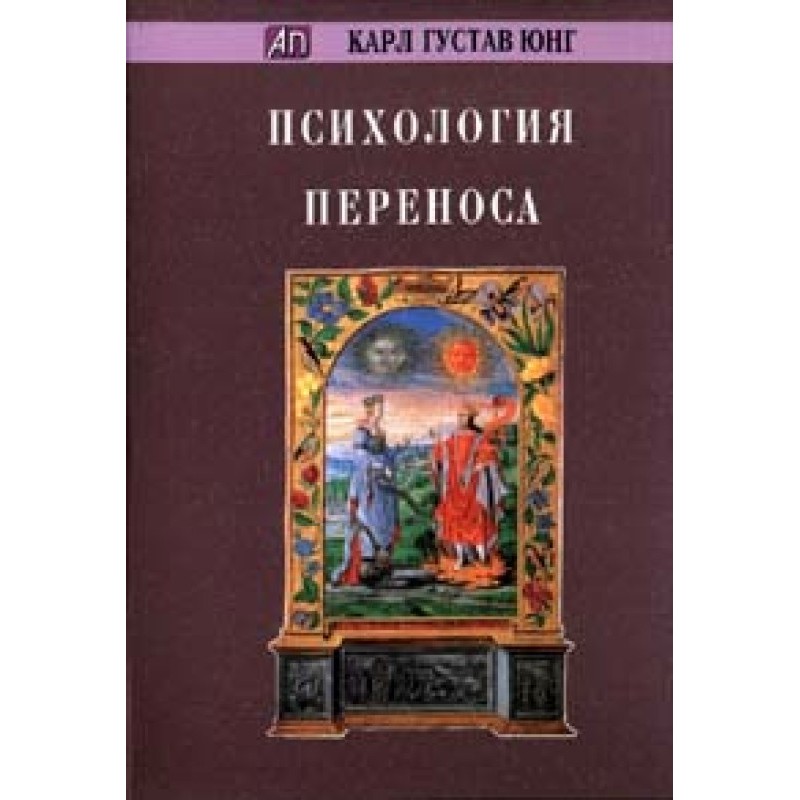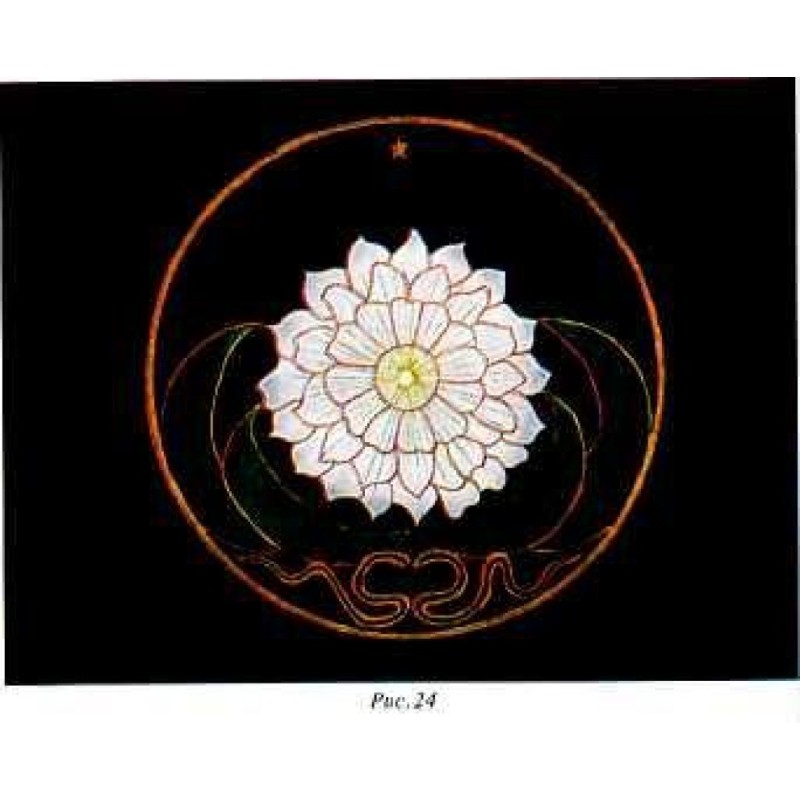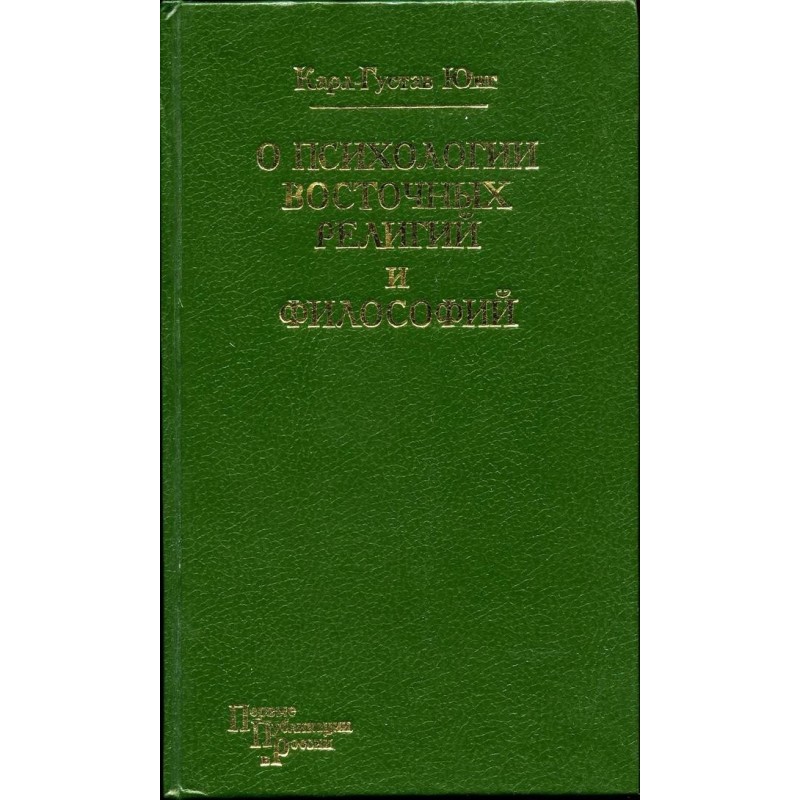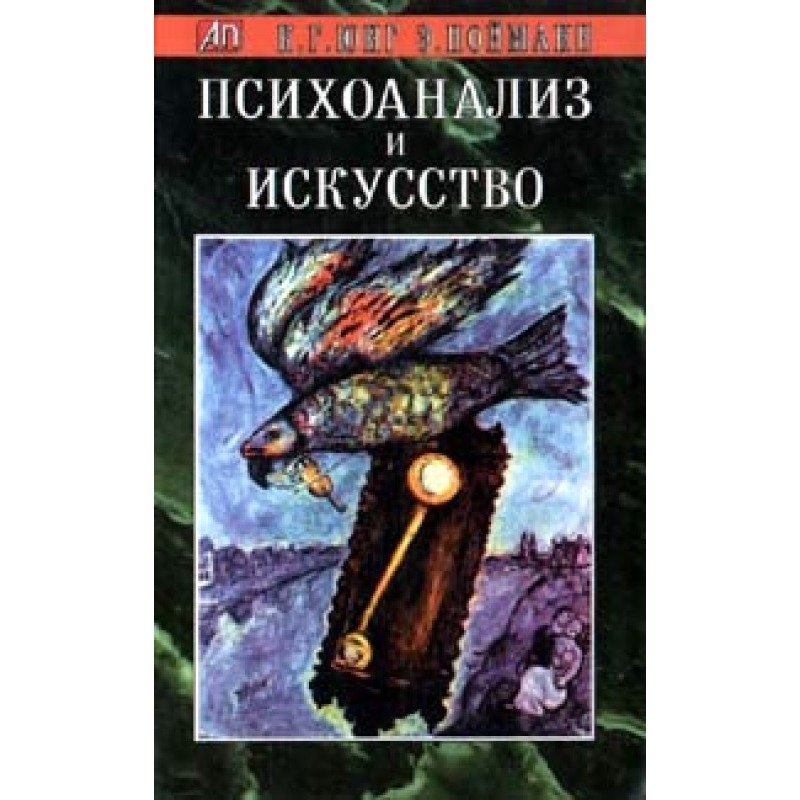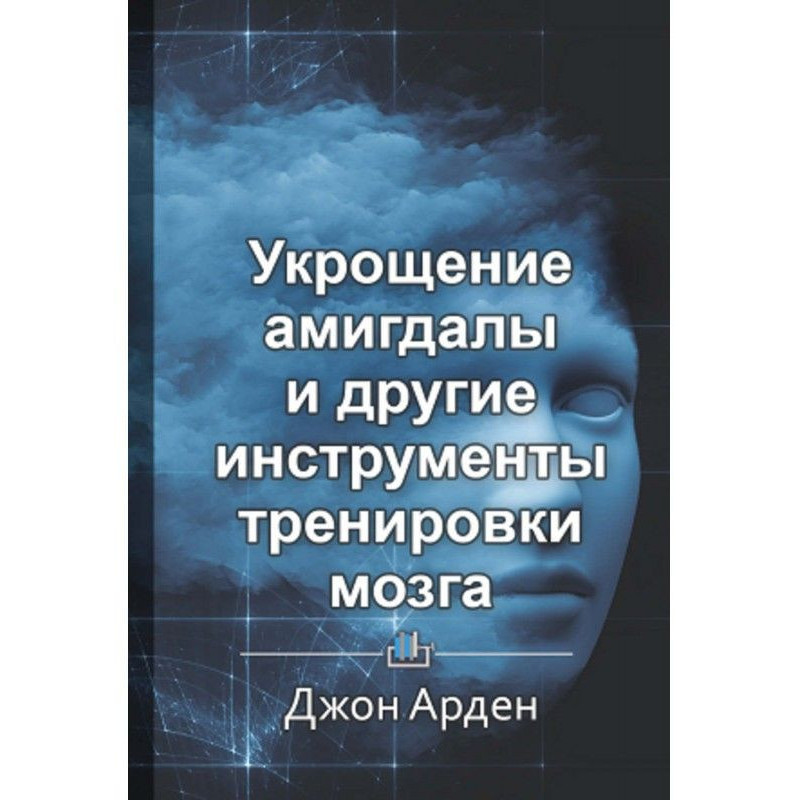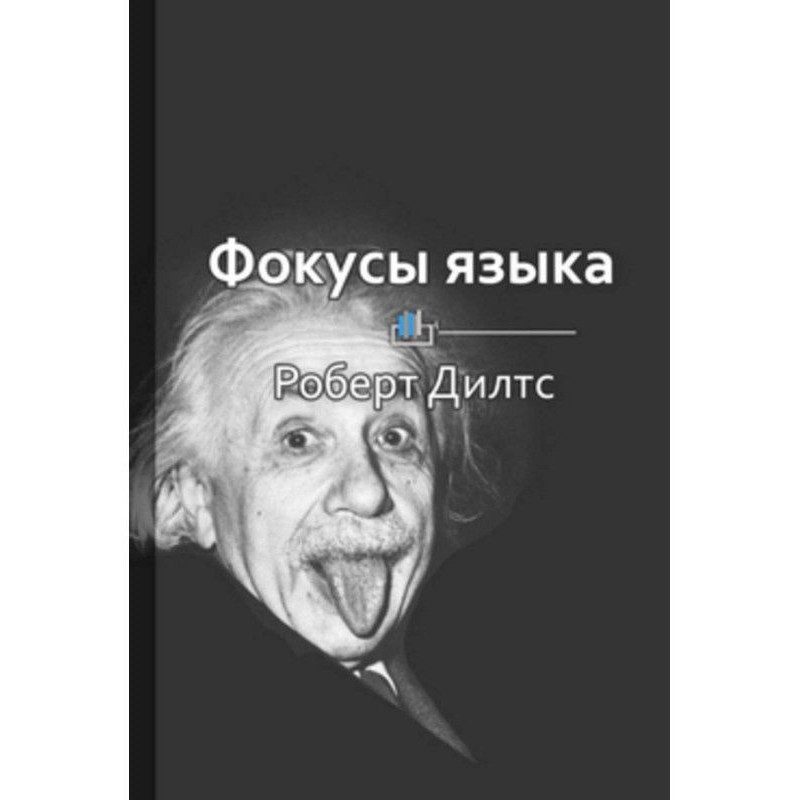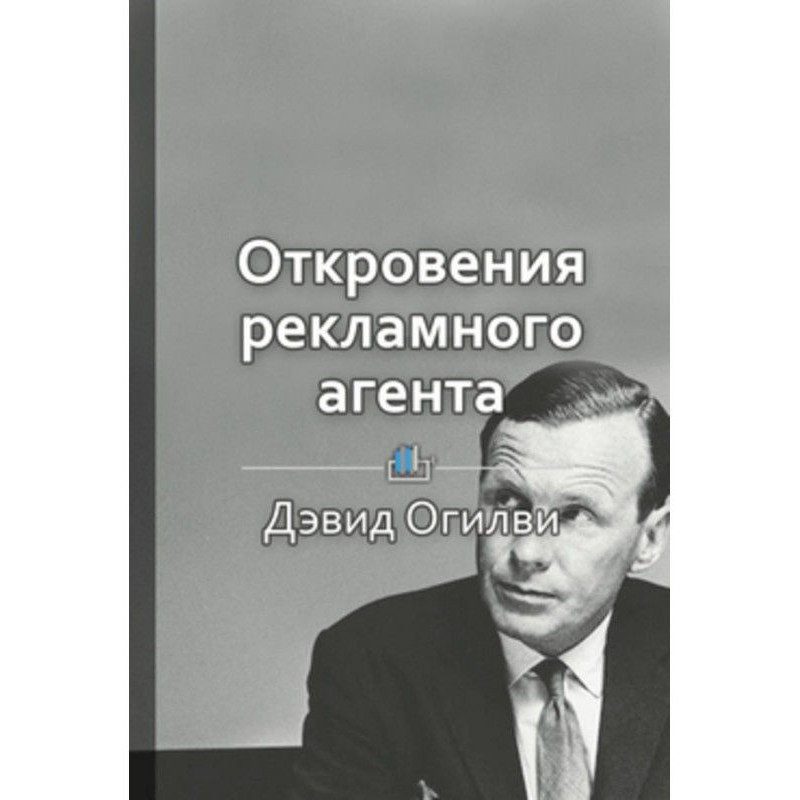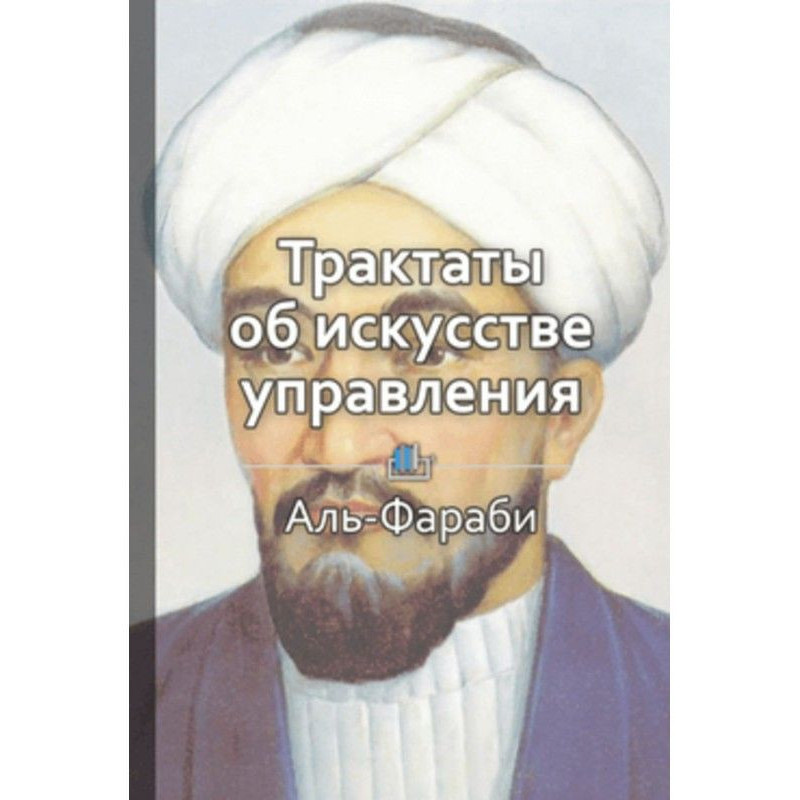Dynamics of the unconscious
 Instant download
Instant download
after payment (24/7)
 Wide range of formats
Wide range of formats
(for all gadgets)
 Full book
Full book
(including for Apple and Android)
Carl Gustav Jung (1875–1961) - Swiss psychologist, psychotherapist, philosopher, sociologist and cultural scientist - one of the outstanding scientists of the twentieth century, student of Sigmund Freud, founder of analytical psychology and psychotherapy, founder and president of the Swiss Society of Practical Psychology. In the present The collection presents works that introduce the reader to the fundamental theoretical principles and main working hypotheses of the author. In these works, Jung outlines his ideas about psychic energy, instincts and the unconscious, the soul and death, libido and complexes, as well as his truly revolutionary theory of synchronicity, which he did not dare to present to his readers and colleagues for a long time. In this avant-garde and largely controversial theory, Jung tried to establish a connection between the discoveries of modern physics and the achievements of analytical psychology in that border area of reality, which to this day remains poorly studied and difficult to understand. The publishing layout is preserved in a4.pdf format.
Data sheet
- Name of the Author
- Карл Юнг Густав
- Language
- Russian
- Translator
- В. В. Желнинов
Reviews
Відкриття нових горизонтів у психології
Книга "Динаміка несвідомого" є справжнім шедевром, який дозволяє заглибитися в глибини людської психіки та зрозуміти складні механізми, що керують нашими думками та вчинками. Карл Густав Юнг, як видатний психолог, пропонує читачеві унікальний погляд на несвідоме, інстинкти та психічну енергію, що робить цю книгу незамінним джерелом знань для всіх, хто цікавиться психологією. Його ідеї про синхроністичність відкривають нові горизонти для розуміння зв'язків між подіями в нашому житті та глибинними психічними процесами. Читання цієї книги спонукає до роздумів і надихає на нові дослідження в галузі психології та філософії. Рекомендую всім, хто прагне зрозуміти себе та навколишній світ на глибшому рівні!

